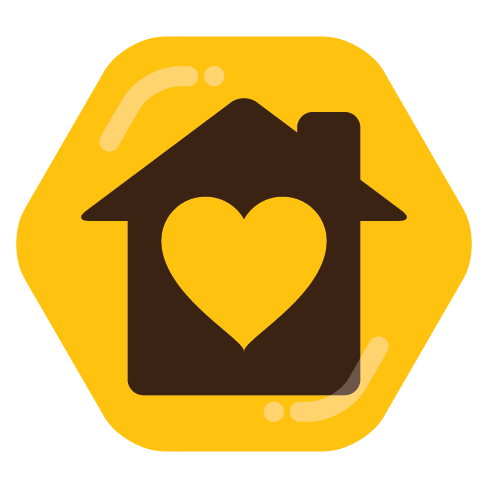

Since you have a good sense of “not this” I’m inclined to throw some shit at you and maybe something might stick and work out well to function as a a rebar net to get that concrete floor started so you don’t have to start all the way down every fucking time.
Before I do though I wonder if you’d like to get a small list of stuffs to check out? <– this is the actual question!


So, here we go…
My short list of things that seem to have turned things around for me:
And by “turned things around” I mean that I’ve managed to raise the floor of my personal hole enough so that my every day life actually kind of works. My economy is not wrecked. I have friends that call/text me to socialise and not only to keep tabs on me or check that I’m still around. I’m making plans for the future-future (so like 1-3 years not only for today or this week), stuff like that.
I’m not “cured”, I still get depressed for months some times, but it’s months and not years. And I let myself be depressed, for whatever reason there is this time, rather than bash myself for being depressed.
Sorry, this turned out more bloggy and preachy than intended. I hope you find something useful anyway :)